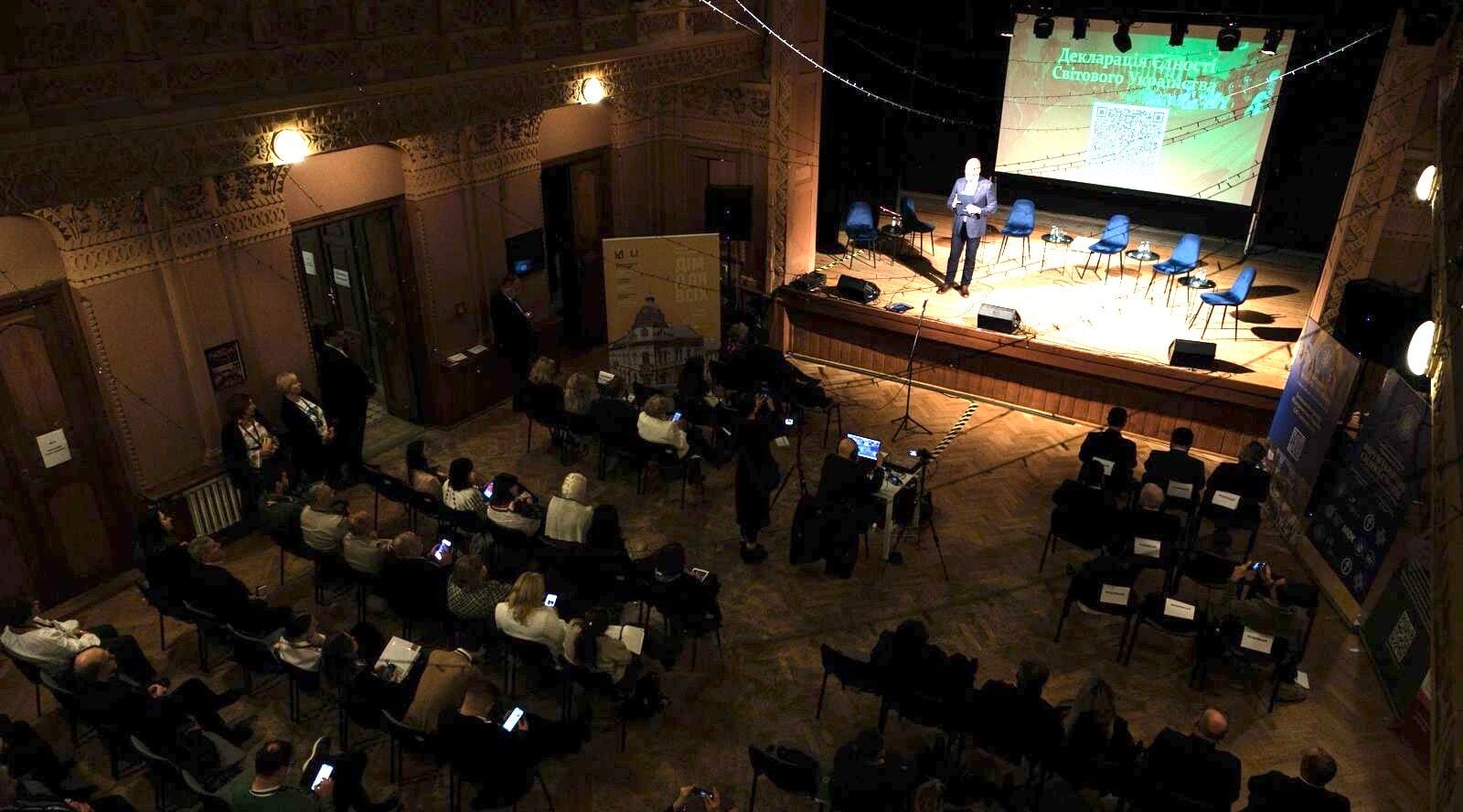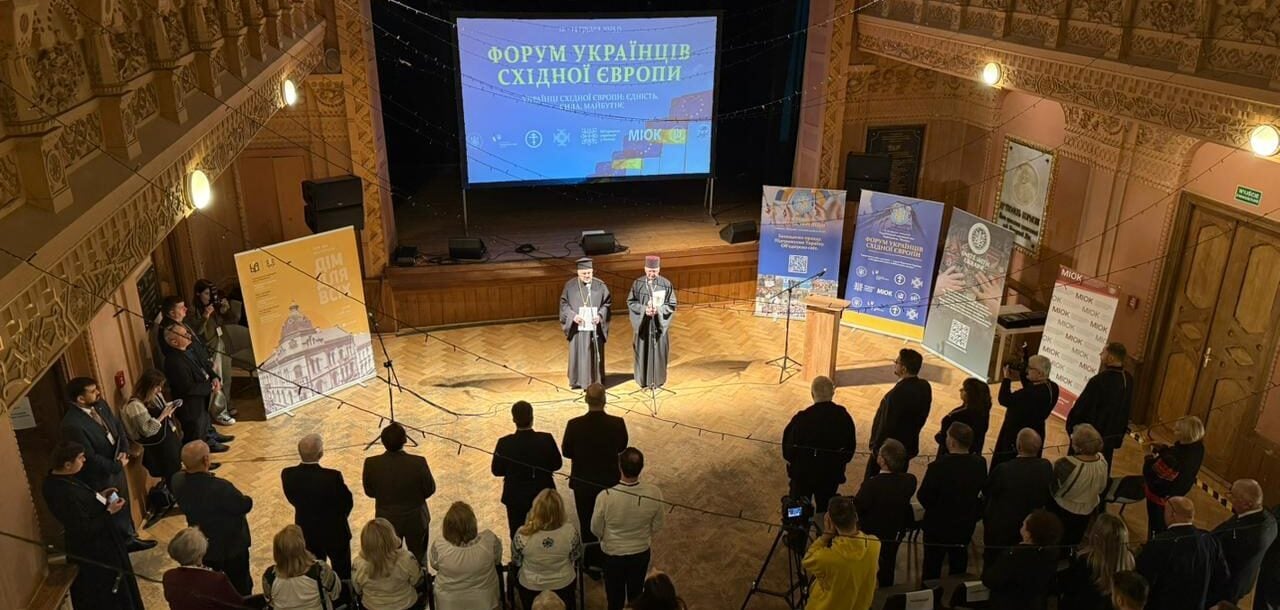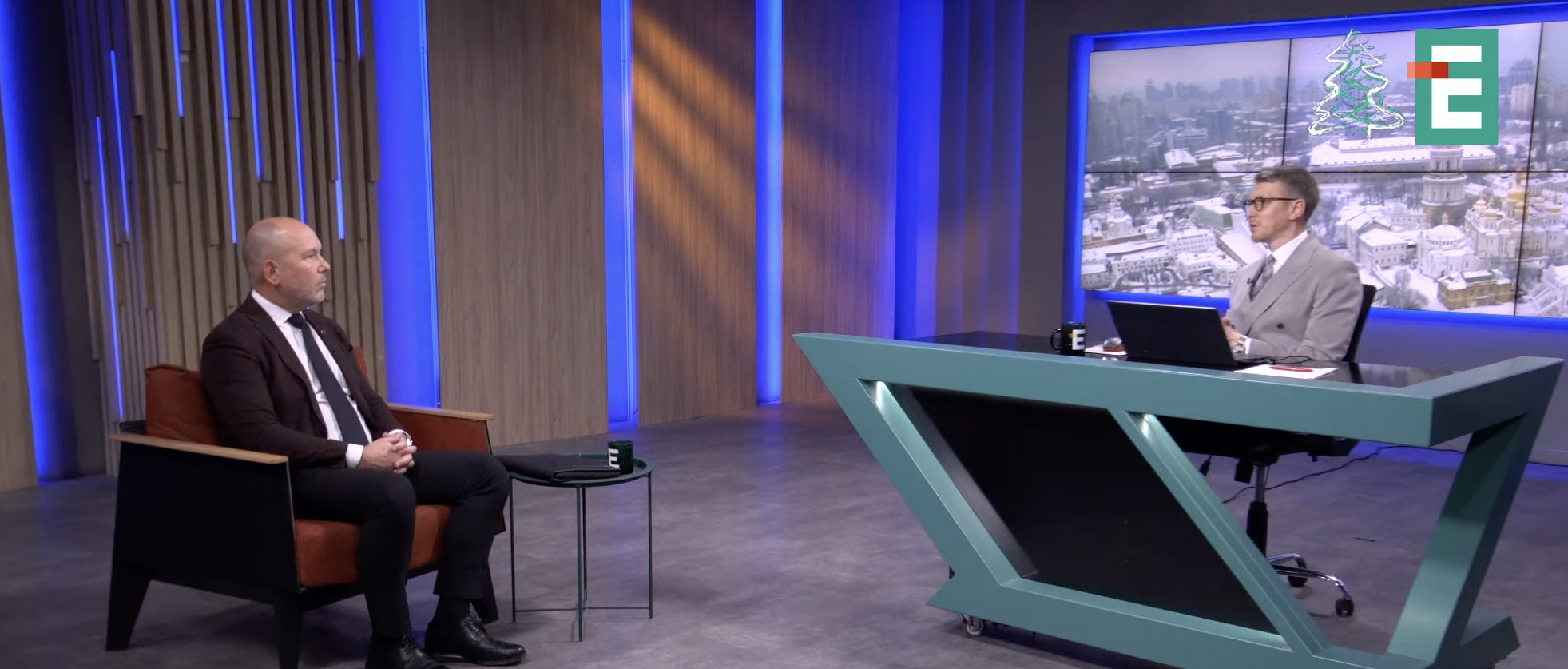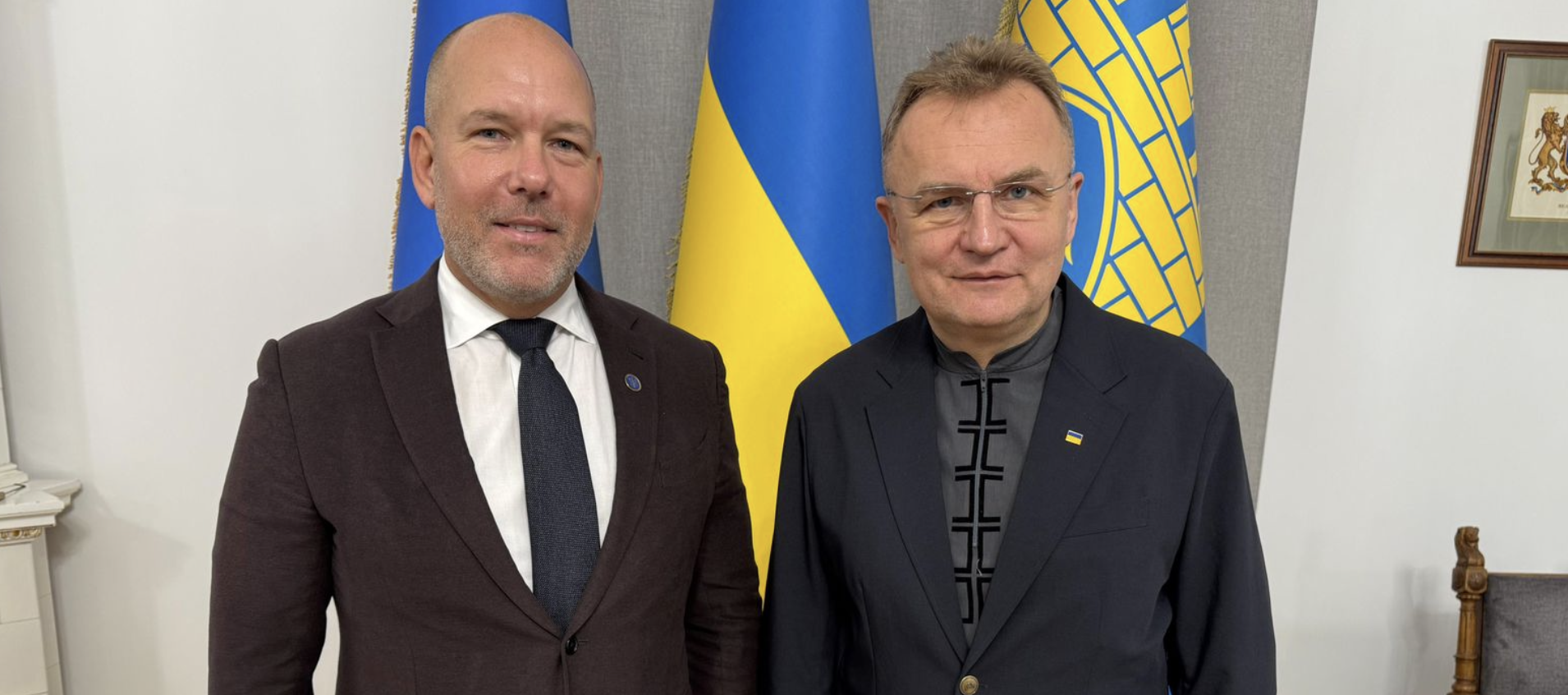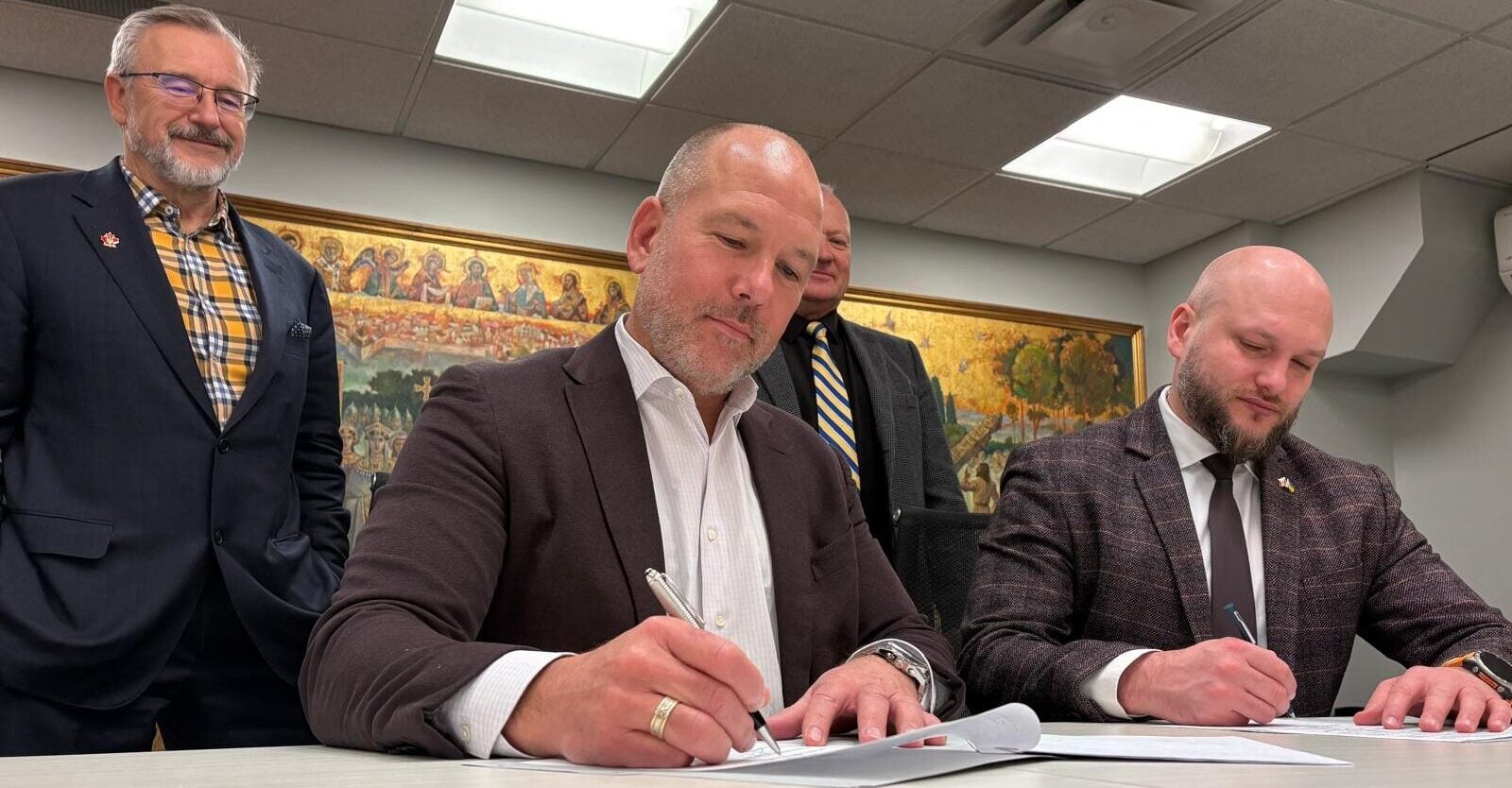
German analysts have simulated a scenario of a potential conflict between Russia and NATO, outlining the description of a potential Kremlin attack on NATO countries in a report to the Bundestag on Civil Defense Risk Analysis, as reported by European Pravda.
The analysis is based on lessons from Russia’s full-scale war against Ukraine. “An aggressor’s attack – hybrid and/or using the entire arsenal of modern armed forces in all dimensions (land, air/space, sea, cyber, and informational) on NATO territory… is, therefore, a plausible scenario,” the document states.
The authors laid out one potential conflict development option consisting of four phases. The first will last several years and involve Russia’s covert hybrid influence: espionage, cyber-attacks, sabotage, and attacks on vital and defense-critical objects and critical infrastructure.
The second stage will last several months. The aggressor’s forces will deploy on NATO’s eastern borders, and the Alliance will position forces in response. During the third phase, lasting at least one year, open military aggression against NATO will occur, experts believe. The aggressor will conduct selective attacks using conventional and unconventional means, including targets within Germany. Disruptions in satellite operations in space are also probable.
The final fourth phase envisions the breakthrough of aggressor forces through NATO’s defense lines into German territory and a full-scale armed confrontation in space.
The analysis of such a scenario describes the conclusion of the fourth phase as a “ceasefire agreement no earlier than several months.”
The German government proposes this scenario to build a civil defense concept. In December of last year, German Defense Minister Boris Pistorius stated that Europe has 5 to 8 years to “catch up” in the defense field. He emphasized the need for European nations to enhance their defense capabilities in anticipation of potential new military threats by the decade’s end.
Cover: Shutterstock

